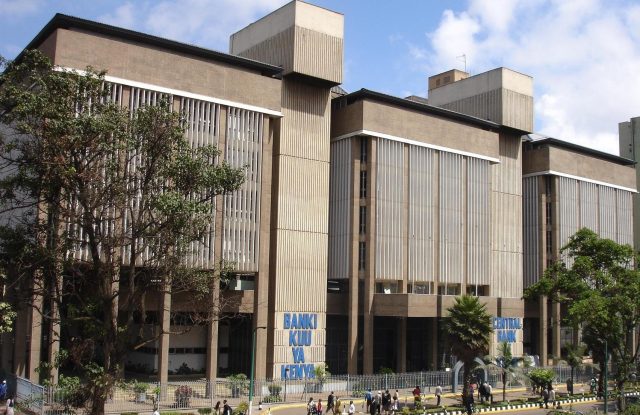
The International Monetary Fund (IMF) has thrown the weight of economies regaining financial stability into the hands of Central Banks. The institution now wants central banks to access and support critical sectors of the economy, by carefully assessing which markets are critical for maintaining financial stability and coming up with support programmes that could minimise moral hazard and risks.
IMF has asked these central banks to work on liquidity in order to prevent impairment of funding conditions and functioning of major money, foreign exchange and securities markets. They have also been urged to adopt the accommodative monetary policy.
“Central banks should maintain the accommodative monetary policy in pursuit of inflation and financial stability through conventional and unconventional tools,” read the IMF Financial Policy Priorities in Response to the Crisis status update
Central banks in emerging and developing economies to use flexible exchange rates to absorb external pressures while countries with adequate reserves, can lean against market illiquidity to take care of volatility in currency markets.
“In the face of an imminent crisis, capital outflow management measures could be part of a broad policy package, though such measures should be implemented in a transparent manner, be temporary, and be lifted once crisis conditions abate,” said the IMF.
In Kenya, the advent of COVID-19 saw CBK implement measures to cushion Kenyans from the pandemic that was taking a toll on their finances. The regulator working together with commercial banks and mobile money lenders came up with a number of measures among them, withdrawing transaction charges for Ksh 1000, and increasing their lending amounts.



